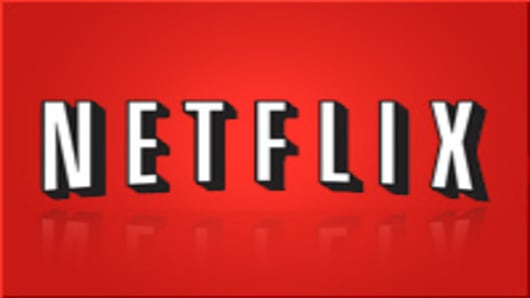It’s been a roller coaster ride for Netflix and now the stock is speeding north after hours on better-than expected fourth quarter results.
(Click here for the latest after-hours quote.)
It appears it’s starting to move past the debacle that decimated the stock after it split its DVD and streaming businesses and raised prices in September.
Netflix reported earnings per share of 73 cents, flying past expectations of 55 cents while revenue grew more than expected to $876 million, up from $596 million a year ago.
As the company warned, it’s on track for “modest quarterly losses, as well as losses for the calendar year,” as it invests in international growth. The company projects a loss of between $9 million and $27 million in Q1. The decline in DVD profits of about $50 million plus an equally large increase in international losses will outweigh growth in the U.S. streaming business. And free cash flow will take a hit as it pays more up-front for original content than it does for licensing.



